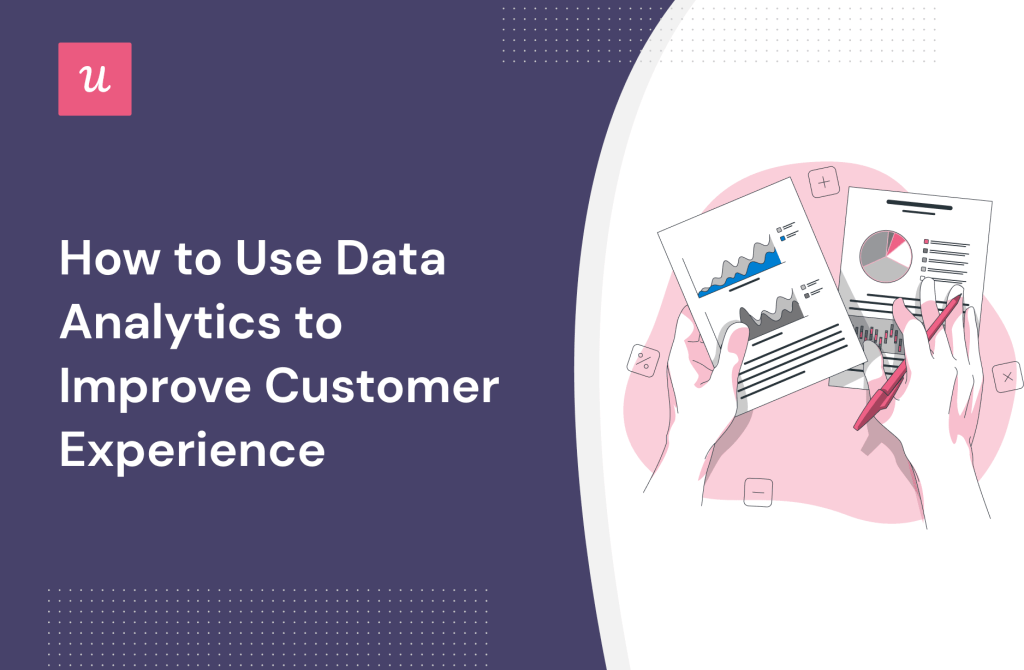
CPAs have a big role in helping clients succeed. In today’s world, using data analytics makes this role even more important. A CPA firm in Phoenix, AZ, can harness data to help clients. You want to see better results, and data can show the way. With a focus on relevant numbers, CPAs identify trends and make predictions. This approach allows for smarter decisions and efficient strategies that boost financial health. Data also uncovers risks, showing potential pitfalls before they become real problems. By working with these insights, you handle challenges with confidence. With this in mind, CPAs provide tailored advice that meets your needs. Ultimately, the power of data analytics means you are equipped with practical tools for success. Rest assured, your CPA is always ready to interpret data, understand your goals, and offer the best solutions. You benefit from improved outcomes, less risk, and greater peace of mind.
Understanding Data Analytics in Accounting
Data analytics involves examining raw data to draw conclusions. In accounting, it’s about sifting through numbers to find patterns and insights. This process helps CPAs provide more than just number crunching. You receive guidance based on facts, not guesses.
For example, by analyzing cash flow data, CPAs can suggest ways to improve liquidity. This means businesses can cover expenses without stress. In addition, analyzing sales data reveals which products perform best, helping you focus on profitable areas.
Benefits of Data Analytics for Clients
You might wonder, what makes data analytics so effective for clients? Here are three key benefits:
- Informed Decisions: Data provides evidence. With clear information, you make decisions with less guesswork.
- Risk Reduction: Identifying patterns helps avoid potential issues. You act before problems arise.
- Better Efficiency: Insights reveal where to cut costs or improve processes, saving time and money.
Data Analytics Tools for CPAs
CPAs use a variety of tools to analyze data. Here are a few common ones:
- Excel: A versatile tool for sorting and visualizing data.
- Tableau: Software for creating interactive data visualizations.
- QuickBooks: Accounting software with data analytics features.
These tools help CPAs present data in a clear, understandable way. This clarity is crucial for you to grasp complex information quickly.
Case Study: Data Analytics in Action
Consider a small business struggling with cash flow. By analyzing transaction data, a CPA identifies late invoice payments as the root cause. The CPA suggests implementing an automated reminder system, reducing late payments significantly. This solution proves successful, improving the company’s cash flow and stability.
Comparison of Traditional vs. Data-Driven Accounting
| Aspect | Traditional Accounting | Data-Driven Accounting |
|---|---|---|
| Decision Making | Based on Past Records | Predictive and Proactive |
| Risk Management | Reactive | Anticipative |
| Efficiency | Manual Processes | Automated Insights |
Continued Learning and Adaptation
CPAs must stay updated with the latest in data analytics. Training and certifications ensure they deliver top-notch advice. Resources like AICPA offer courses to help CPAs remain informed.
As technology evolves, so does the role of your CPA. They adapt to new tools and techniques, making sure you always receive the best guidance.
Conclusion
Data analytics transforms the accounting landscape. By turning raw data into actionable insights, CPAs help you achieve better financial health. With this approach, you experience improved outcomes and reduced risks. Your CPA becomes not just an advisor, but a partner in your success.
Embrace the possibilities of data analytics in accounting. Trust in your CPA’s skills and expertise to navigate the numbers, helping you achieve your goals with confidence and clarity.